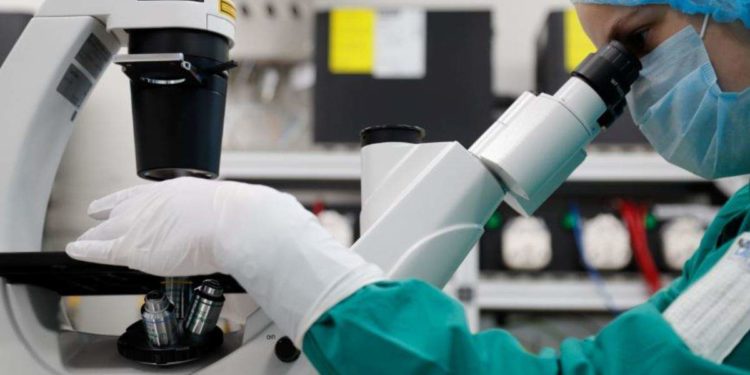-
- TMDU and Fujitsu gained this leveraging with the world’s fastest supercomputer, Fugaku.
- Fujitsu and TMDU were able to extricate a system constituting the regulatory relationships among genes.
THDNewsDesk, Tokyo: On November, 10 Tokyo Medical and Dental University (TMDU) and Fujitsu Laboratories Limited have recently finished, in less than a day, an evaluation of the system that describes the influence relationship between genes and foresight of their relationship, with infiltration and metastasis established on genes highly likely to be included in cancer development.
TMDU and Fujitsu gained this leveraging Fujitsu Laboratories’ explainable AI technology “Deep Tensor” with the world’s fastest supercomputer, Fugaku, which was collectively developed by RIKEN and Fujitsu. The project was devised under the issue of “elucidation of the cause and diversity of cancer using large-scale data analysis and AI technology.” As a part of the supercomputer Fugaku accomplishment acceleration program being assisted by Japan’s Ministry of Education, Culture, Sports, Science, and Technology from May 2020 to March 2023.
Moreover, with supercomputers accessible at universities, it took various months to obtain system structures depicting the behaviour of genes likely associated with the disease state of cancer from genetic data and prognosticate the disease state. This introduced obstacles to researchers working to reveal a new cancer system that could not be acknowledged, at the individual gene level, and subsume these findings into the investigation.
Channelizing the world’s fastest supercomputer, Fugaku, Fujitsu, and TMDU were able to extricate a system constituting the regulatory relationships among genes in epithelial cancer cells and from the analysis data with 20,000 genes, anticipating their relationship with infiltration and metastasis using Deep Tensor technology developed by Fujitsu Laboratories, and present prediction models.
Source-Economic Times
Fujitsu and TMDU uses the world’s fastest supercomputer to accomplish cancer gene system study
The project was devised, under the issue of "elucidation of the cause and diversity of cancer using large-scale data analysis and AI technology."
0
SHARES
About Us
A daily dose of news, views, opinions, and actionable information from the global healthcare industry. Our newsletter is available for a limited audience. If you are interested to write or contribute to this portal then please get in touch.























